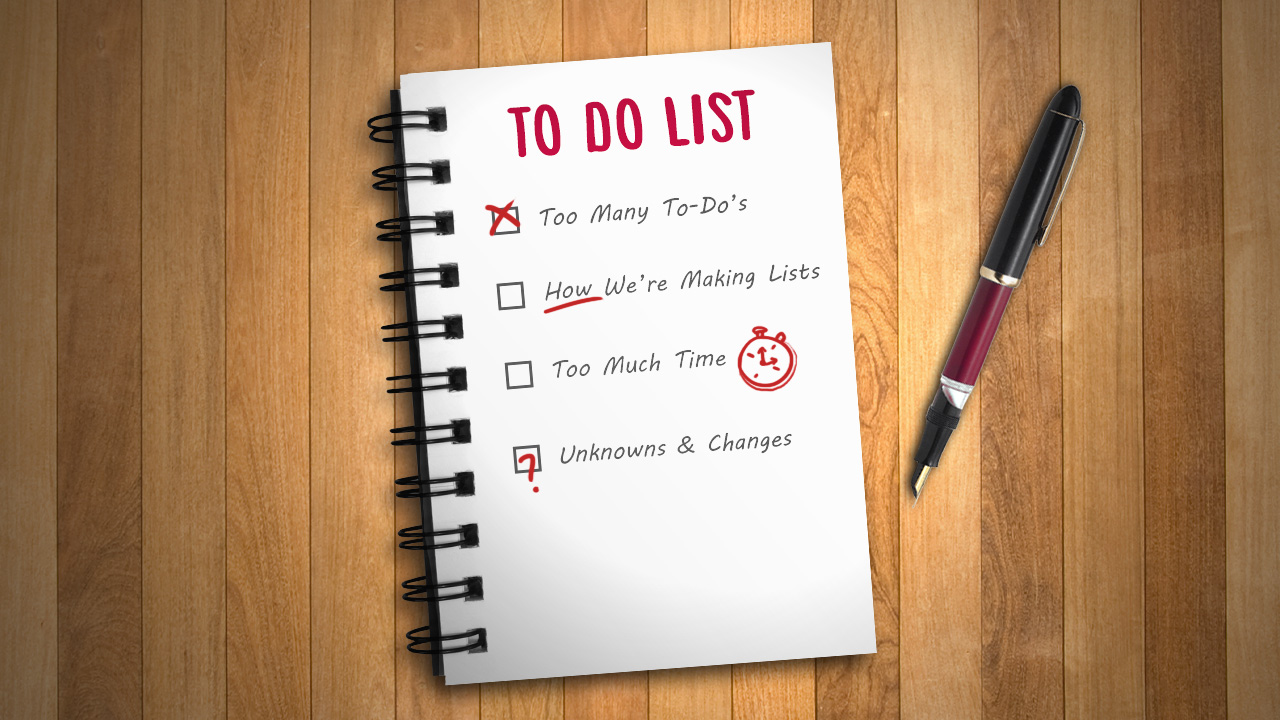
That’s why, as productivity experts have found, an executive’s daily to-do list for Monday often contains more work than could be done the entire week.Įven the great Ben Franklin fell victim to having too many goals.įranklin tried a divide-and-conquer approach. By the time the weekend arrives, there are more unfinished tasks than ever, but we keep deferring them and expecting to get through them with miraculous speed. We make daily to-do lists that couldn’t be accomplished even if there were no interruptions during the day, which there always are. The problem isn’t a lack of goals, however, it’s too many of them. Self-control without goals and other standards would be nothing more than aimless change, like trying to diet without any idea of which foods are fattening. To regulate is to guide toward a specific goal or standard: the speed limit for cars on a highway, the maximum height for an office building. Regulating means changing, but only a particular kind of intentional, meaningful changing. The technical term researchers use for self-control is self-regulation, and the “regulation” part highlights the importance of a goal. Well, the first step most of us take it often to set a “clear goal.” How do we decide what goes on the list and what to do next? At any one time, a person typically has at least 150 different tasks to be done, and fresh items never stop appearing on our screens. Our failure rate keeps climbing as the lists keep getting longer.

The perpetual state of the to-do list is failure, something Scott Adams demonstrated with his argument on systems over goals. Baumeister expand upon in “A Brief History of the To-Do list,” the third chapter of their book Willpower: Rediscovering the Greatest Human Strength.

This is something New York Times science writer John Tierney and psychologist Roy F. To-do lists are evil from a productivity perspective, it’s much more effective to schedule time.


 0 kommentar(er)
0 kommentar(er)
